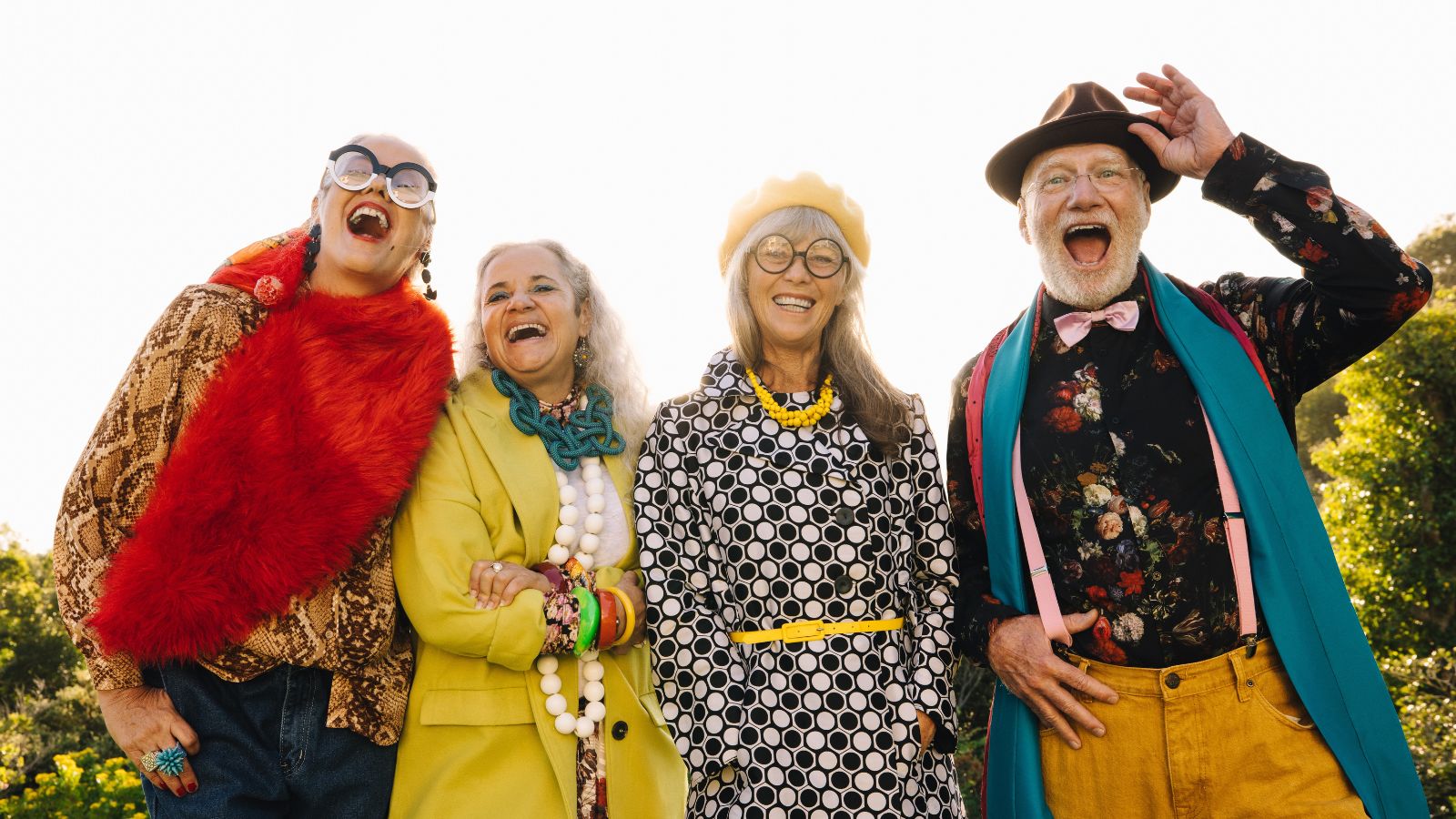The older we become, the more we’re able to learn, and this means there are certain habits from others we won’t accept anymore. But it can also involve not pushing ourselves past our capabilities and ensuring that we still treat ourselves every once in a while. Here are 17 things older people refuse to accept.
Modern Technologies

As we get older, it’s common to find ourselves growing ignorant of modern technologies. Even though it can be hard to adapt to modern technologies, this isn’t a reason to not keep up with the times. Being ignorant means not allowing new technologies to help you, and this can only be detrimental.
Having to Reassure Others

It can be difficult to deal with the self-doubt of others and constantly having to reassure them, especially as we get older. It’s exhausting to always be doing this, and instead, people should try and have more inner confidence rather than relying on others for it.
Rudeness in Public

The New York Times writes, “Nationwide, incivility and rudeness have been on the rise in all aspects of life – except at work – for the last several years.” As we get older, we start to realize there’s no need for this increased rudeness, and instead, it’s something we should stand up against.
Small Talk

Vox describes small talk as “the somatic equivalent of white noise.” This is even more true as we get older. There’s a growing sense of impatience with small talk and superficial conversations. Older people prefer more meaningful conversations. It’s easy to feel overwhelmed by conversations with new people.
Performance Protests

Older people have skepticism toward performance protests and shallow support. Instead, they have a belief in more substantial forms of advocacy. These substantial forms encourage actions such as voting or attending protests they truly believe in. For them, it isn’t just about reposting on social media, but being more involved in social movements.
Not Having Self-Compassion

The older we get, the more we realize how important it is to be kind to ourselves, especially when it comes to coping with aging challenges. Older people will try their best to avoid self-criticism and will instead understand that we all have our struggles. As we age, it’s important to be kinder to yourself.
Not Looking Your Best

The older we get, the more important it is to take care of ourselves physically. This is supported by Psychology Today, which writes, “Vanity can be a great motivator for healthy change. And looking good can raise morale and self-esteem.” Having a sense of self-care is a great way to boost esteem levels.
Not Pacing Yourself

Older people start to learn how important it is to not wear themselves out. This means creating a balance between doing fun activities and taking a well-deserved break when needed. You can do this by setting realistic expectations of how much you can do each day before exhausting yourself.
Not Embracing Both Despair and Joy

It’s important to accept both the highs and lows of becoming older. Older people realize that they can still find happiness in challenging aspects, and sometimes these reap the most rewards. It creates an understanding that contentment can grow with age and that life will always be full of ups and downs.
Not Living Wholeheartedly

Positive Psychology writes, “Given the fast pace and hectic schedules most of us keep, a base level of anxiety, stress, and unhappiness is the new norm.” As we grow older, we realize how important it is to release ourselves from all the stresses everyday life gives us and instead live as wholeheartedly as possible.
Problems as Challenges

Older people will try their best to reframe this outlook so that it reduces stress. They will see challenges as a puzzle and something that they need to solve instead of letting them build up and cause worry. When we’re older, it’s easier to see problems as an opportunity for growth.
Making Time an Enemy

Older people know they need to be patient when there are changes in circumstances. It’s natural to feel pain and lots of different, frustrating emotions. They also know these feelings will pass, as that’s the beauty of time. There’s the saying “This too shall pass,” and it’s something they strongly believe in.
Unsuitable Exercises

We shouldn’t stop exercising as we get older, but we should find new exercises that work with our capabilities. This is supported by Healthline, which writes, “The hurdles that come with exercising as you age don’t have to keep you from maintaining a healthy, satisfying workout routine.”
Not Connecting with Others

The older we get, the more we realize how important it is to connect with our loved ones. Social interactions are a great way to boost our mood, as there’s nothing better than having a great conversation with friends or family. It’s important to seek out and communicate with others, and it can even give a person the opportunity to grow.
Not Having a Purpose

There are so many health and longevity benefits that come with having a purpose. Older people know how important it is to work toward either personal or community purposes. Engaging in meaningful activities will give us a sense of fulfillment later in life.
Not Treating Yourself

It’s important to incorporate small, positive experiences into our daily lives, and it doesn’t always mean having to spend money. Treating yourself could mean having a comforting hot drink or taking a long soak in the bath. Sainsbury’s Magazine supports this further by writing, “Studies have shown that when we give ourselves treats, we feel happy, indulged and contented.”
Not Appreciating Age and Experience

Older people like to see age more as an accomplishment than a hindrance. They can reflect on their life’s journey and embrace the wisdom that comes with growing older. It gives them a chance to look back on everything they’ve accomplished and give themselves a pat on the back.
